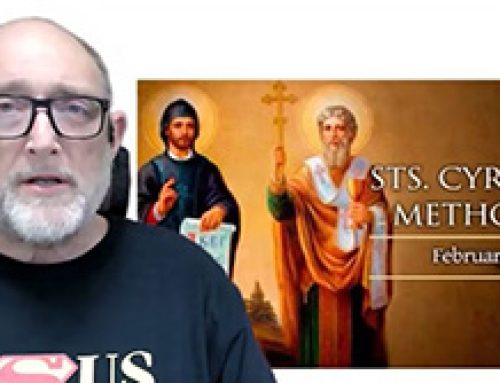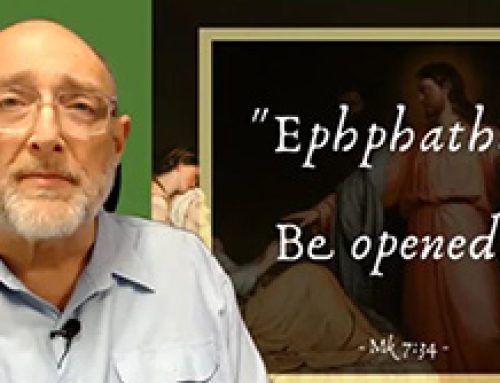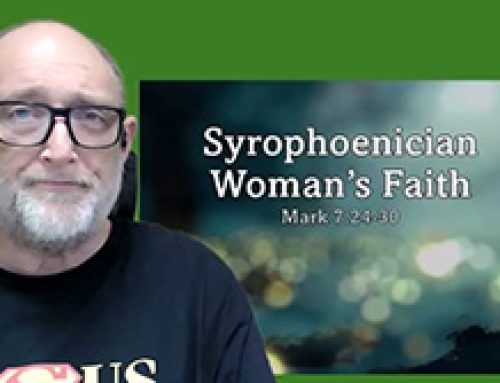Fr Paul reads from the Gospel of Luke (4: 16-30) in which Jesus returns to his hometown Nazareth where people are too familiar with him to believe in him or his message. Fr Paul notes that, for a while now, we have been reading from the Gospel of Matthew and that from now on we will also be reading from the Gospel of Luke. In today’s Gospel, Fr Paul says, we hear of an electrifying scene in the synagogue of Nazareth when Jesus finds and reads out this passage from Isaiah on the coming of the Spirit, fulfilled at that moment. Those listening expressed strong disapproval, thinking they know him too well: that he is too ordinary for them. The peace is shattered. Jesus proceeds to shatter it further by proclaiming that if they do not want him, he will follow the example of the old prophets Elijah and Elisha by bringing happiness and healing to those beyond the borders of the Land of Israel. As I mentioned earlier, we are now reading from the Gospel of Luke and we must never forget that Luke is a Hellenistic historian, writing according to the methods and conventions of Hellenistic history. One of the ways in which Hellenistic historians explain the significance of events is by putting a speech in the mouth of the principal character. So here Luke puts a quotation from Isaiah and its explanation in Jesus’ own mouth as a key-note speech. It is a dramatic scene, sharp and wounding. Jesus pulls no punches, even quoting their own proverbial gibe, ‘Physician, heal yourself’. He leaves no doubt that he has come to the poor and oppressed, and that he will find them, as did the prophets who preceded him, outside the Chosen People.






Leave A Comment